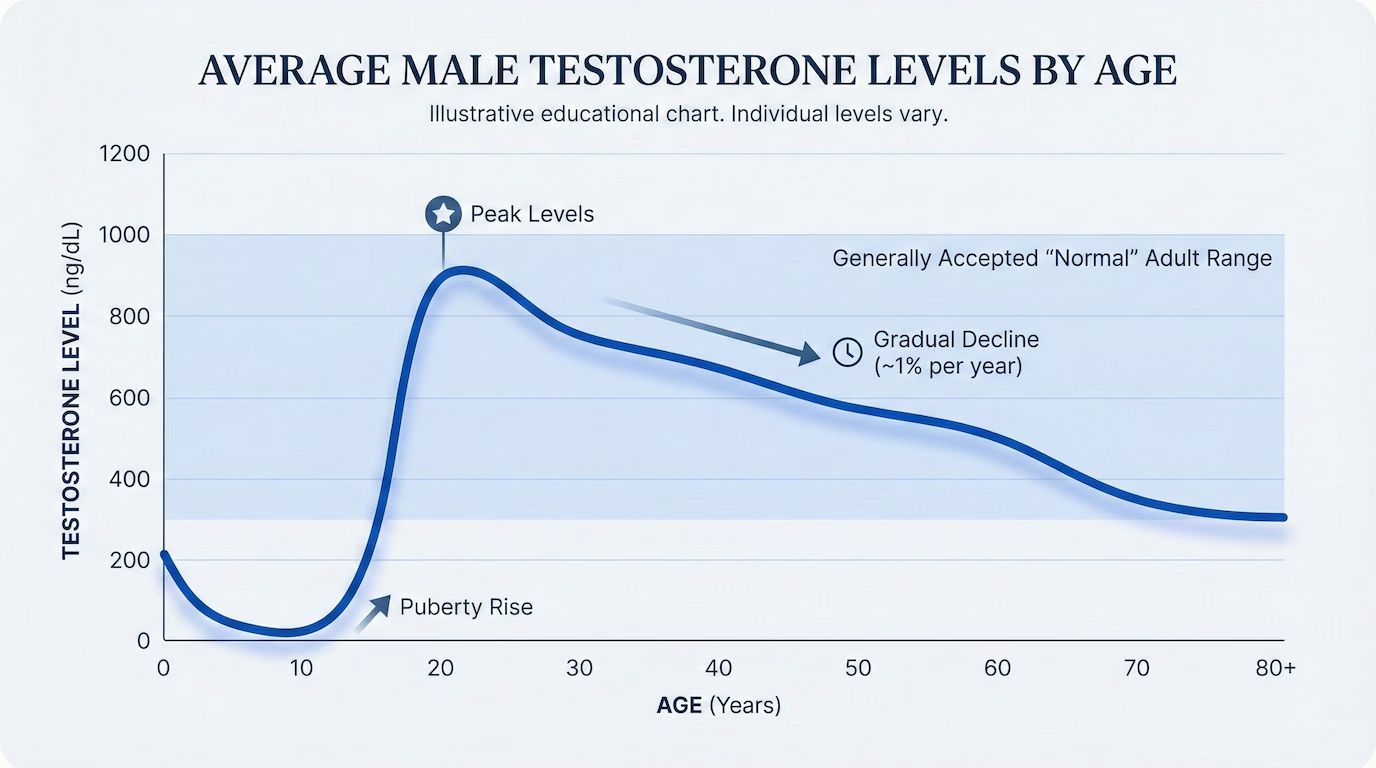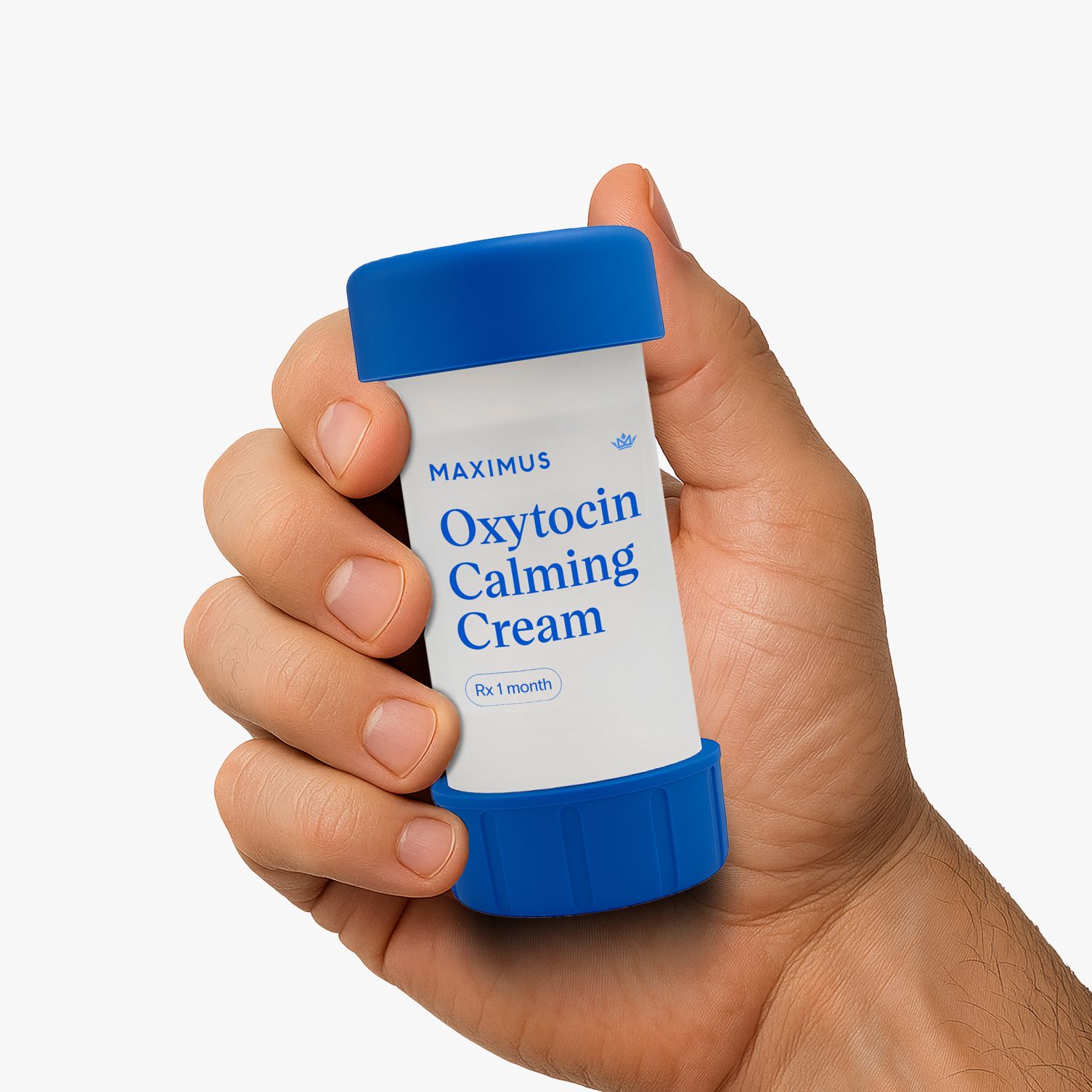Some important takeaways
Vulnerability isn’t a weakness — it’s an asset with profound benefits. Remember:
- Vulnerability requires self-awareness and the willingness to face discomfort. It’s a risk that opens the door to both criticism and connection.
- Healthy vulnerability is not about oversharing, trauma-dumping, or toxic venting.
- Vulnerability may lead to benefits like stronger relationships, enhanced leadership skills, improved mental health, and increased longevity.
- Be patient. Practicing vulnerability takes time, but know that in doing so you’re helping to shift the conversation from toxic masculinity to tonic masculinity.
“Whatever happened to Gary Cooper, the strong, silent type? That was an American. He wasn’t in touch with his feelings. He just did what he had to do.” –Tony Soprano
Like mob boss Tony Soprano from the hit series The Sopranos, many men have grown up with an idea of what masculinity is supposed to look like. Men don’t talk about how they feel. They don’t cry. They definitely don’t go to therapy, right?
While the cost of vulnerability may seem high to those who’ve made a habit of bottling up their emotions, the cost of not being vulnerable seems to be even higher. After all, Soprano has been described as a violent sociopath, and research shows there’s a link between emotional suppression and aggression. In a study published in the journal Social Psychological and Personality Science, subjects became more aggressive after viewing disturbing material when they were told not to react or show emotion. The researchers attributed this phenomenon to the “ego depletion effect,” which suggests that exerting self-control — sometimes through suppressing emotions — consumes mental resources, potentially leading to a decline in subsequent self-control. In other words, if you choose not to react when dealing with a difficult colleague at work, you are more likely to act aggressively when you get home, maybe by arguing with your partner or children.
More and more research is revealing that vulnerability is not the weakness our dads or granddads or Tony Soprano once thought it was. It’s an asset that can increase self-awareness, foster emotional intimacy, and even help us excel in our careers.
Let’s take a closer look at why vulnerability matters:
So, what is vulnerability?
Vulnerability doesn’t need to involve crying, or even seeing a professional therapist, but it does require honesty: admitting when you’re afraid, apologizing when you’re wrong, telling someone you love them, and asking for help. These moments call for self-awareness and a willingness to sit with uncomfortable feelings. Vulnerability also involves risk — you’re leaving yourself open to ridicule and rejection. But it’s a risk worth taking, because when you open up to the possibility of criticism, you’re also opening up to the possibility of connection.
It’s equally important to understand what vulnerability isn’t, which includes things like over-sharing, trauma-dumping, or toxic venting. You shouldn’t always reserve your lows for your romantic partner and rely on them to be your therapist or caretaker. Healthy vulnerability is selective. It requires you to have multiple resources, like a doctor, psychologist, or trusted friend. One of the benefits of male companionship is having support outside of your romantic relationship.
The perks of vulnerability extend far beyond mental health
Some of the proven benefits of stepping outside of your comfort zone include:
- Stronger relationships: Being vulnerable in relationships has been shown to increase intimacy and trust. It allows people to understand each other on a deeper level and paves the way for long-term relationships, romantic or otherwise. When you’re vulnerable with another person, you’re entrusting them with your most intimate parts. This allows them to feel safe enough to trust you, which promotes empathy and strengthens the connection.
- Better leadership: Vulnerability can also make you a great leader. Research shows us that leaders who embrace vulnerability and take risks are more inclined to establish trusting relationships, encourage innovation in the workplace, and cultivate a culture of creativity and growth. Being a vulnerable leader also allows team members to feel comfortable voicing their own struggles, asking for help, and collaborating with others.
- Improved mental health: Vulnerability forces you to acknowledge difficult emotions instead of bottling them up or masking them with substances, scrolling, and other forms of distraction. This can do wonders for your mental health. A series of studies by UCLA researchers found that simply labeling your emotions deactivates the amygdala part of the brain, which triggers the fight-or-flight response. This simple act evokes the same response as mindfulness meditation, which is known to improve mental health and well-being.
- Increased longevity: Repressing your emotions has been shown to suppress your immune system, leaving you susceptible to illness and disease. Research on aging and longevity suggests that the ability to express emotions is actually a more important predictor of a long life than other factors like diet and physical activity.
Embracing vulnerability isn’t the easiest, but it’s worth it
If you’re accustomed to putting on a brave face and masking your emotions, it may take some time and practice to be vulnerable with others. Here are some simple steps to get you started:
- Start to verbally label your emotions, even if you’re just talking to yourself.
- The next time you talk to a friend, challenge yourself to rise above the small talk by sharing a feeling, ambition, disappointment, or fear.
- Find a therapist or coach to practice full transparency about things you’re not ready to admit to others.
- Catch yourself when you repeat outdated maxims that keep masculinity in a box (maybe “man up” isn’t the best way to encourage a friend to try something that’s outside their comfort zone).
- Admit to others when you’re wrong — you may notice this brings a major feeling of relief.
- Be willing to ask for help. No one can handle everything alone.
Dr. Cam’s Health Hack
According to Dr. Cam, CEO of Maximus, a mature man does not banish his emotions. He challenges you to find the courage to:
- Say what's on your mind
- Be your authentic self
- Be vulnerable to pain
- Risk your reputation
- Follow your heart
- Listen to your gut
- Keep your word
- Brave rejection
- Love
Disclaimer: The contents of this article, including, but not limited to, text, graphics, images, and other information, is for information purposes only and does not constitute medical advice. The information contained herein is not a substitute for and should never be relied upon for professional medical advice. The content is not meant to be complete or exhaustive or to be applicable to any specific individual's medical condition. You should consult a licensed healthcare professional before starting any health protocol and seek the advice of your physician or other medical professional if you have questions or concerns about a medical condition. Always talk to your doctor about the risks and benefits of any treatment. Never disregard or delay seeking professional medical advice or treatment because of something you have read on this site. Maximus does not recommend, endorse, or make any representation about the efficacy, appropriateness, or suitability of any specific test, products, procedures, treatments, services, opinions, healthcare providers or other information contained herein. Maximus is not responsible for, nor will they bear any liability for, the content provided herein or any actions or outcomes resulting from or related to its use.





